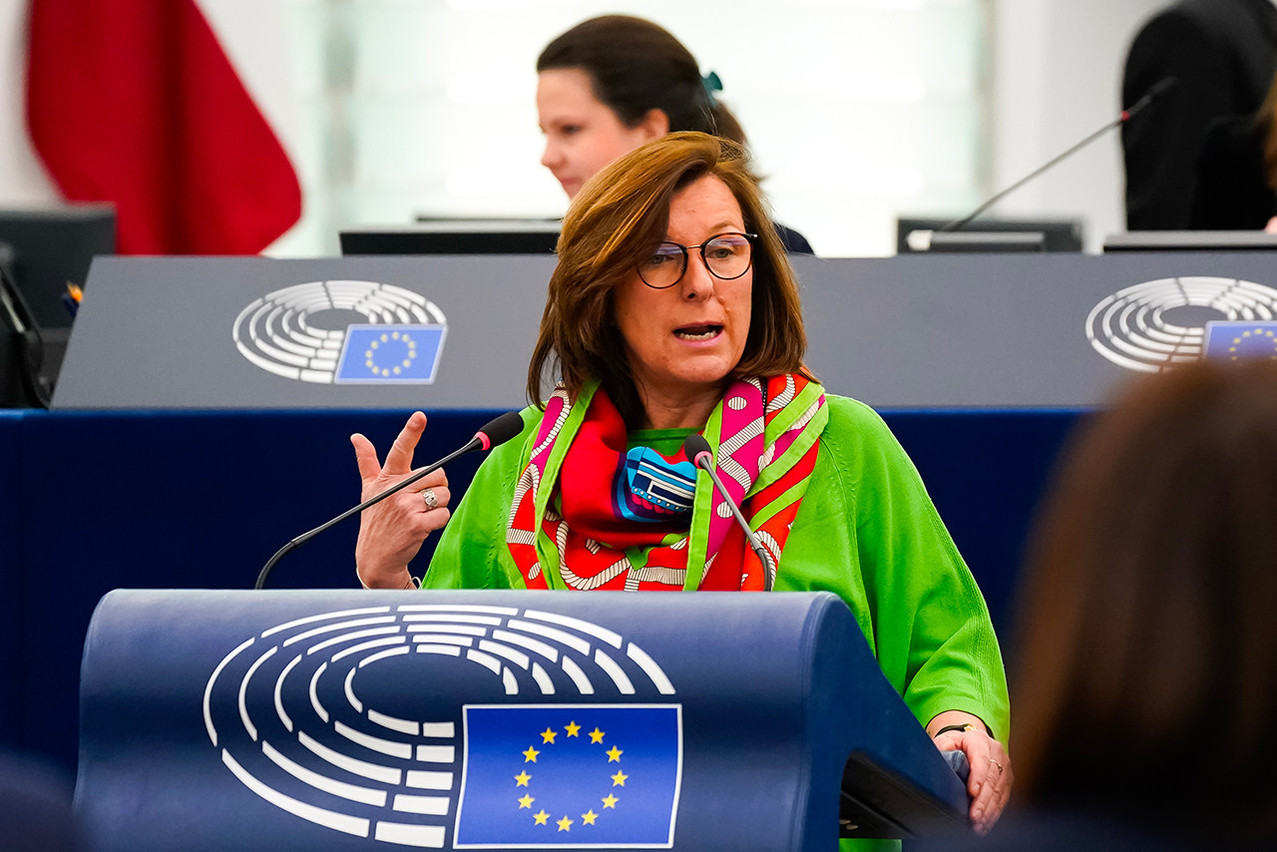The European Parliament on Thursday 3 April voted to postpone the entry into force of two major pieces of European green legislation. With 531 votes in favour, 69 against and 17 abstentions, MEPs approved the European Commission’s proposal to grant companies additional time to comply with the requirements of the Corporate Sustainability Reporting Directive (CSRD) and the Corporate Sustainability Due Diligence Directive (CSDDD).
Behind this decision is a stated desire to simplify administration. In a tense economic climate, the European Union wants to reduce the regulatory burden on businesses in order to maintain their competitiveness. This approach is supported by the Polish presidency of the Council of the European Union, which has made it one of its priorities. It is a sentiment widely shared by the member states, who supported the European Commission’s proposal to postpone application.
The new due diligence rules require companies to mitigate the negative impacts of their activities on human rights and the environment. With this postponement, member states will have an additional year--until 26 July 2027--to transpose these rules into their national legislation. This one-year extension will also apply to companies that will not be subject to these rules until 2028. The application of the CSRD will also be delayed by two years, except for SMEs, which will have until 2029 to comply with this obligation.
To facilitate the adoption of this postponement, MEPs . The text, already endorsed by the European Council on 26 March, still has to be formally approved by the latter, expected shortly.
A divisive decision
Whilst the majority of MEPs have backed the moratorium, it is not unanimously supported. Luxembourg MEP (déi Gréng/Greens/EFA) did not mince her words, saying, “Why stop the clock when the catastrophic effects of climate change are already upon us? When it comes to sustainability reporting and duty of care, there is no time to waste. It’s not just about protecting the environment, it’s also about respecting fundamental human rights.”
Metz also deplores the lack of an impact assessment or public consultation prior to this postponement. “Rolling back sustainability laws and deregulation under the guise of cutting red tape will not solve the structural problems of the European economy. On the contrary, if we don’t act quickly, the economy will suffer even more in the long term,” she concludes.
This article was originally published in .
